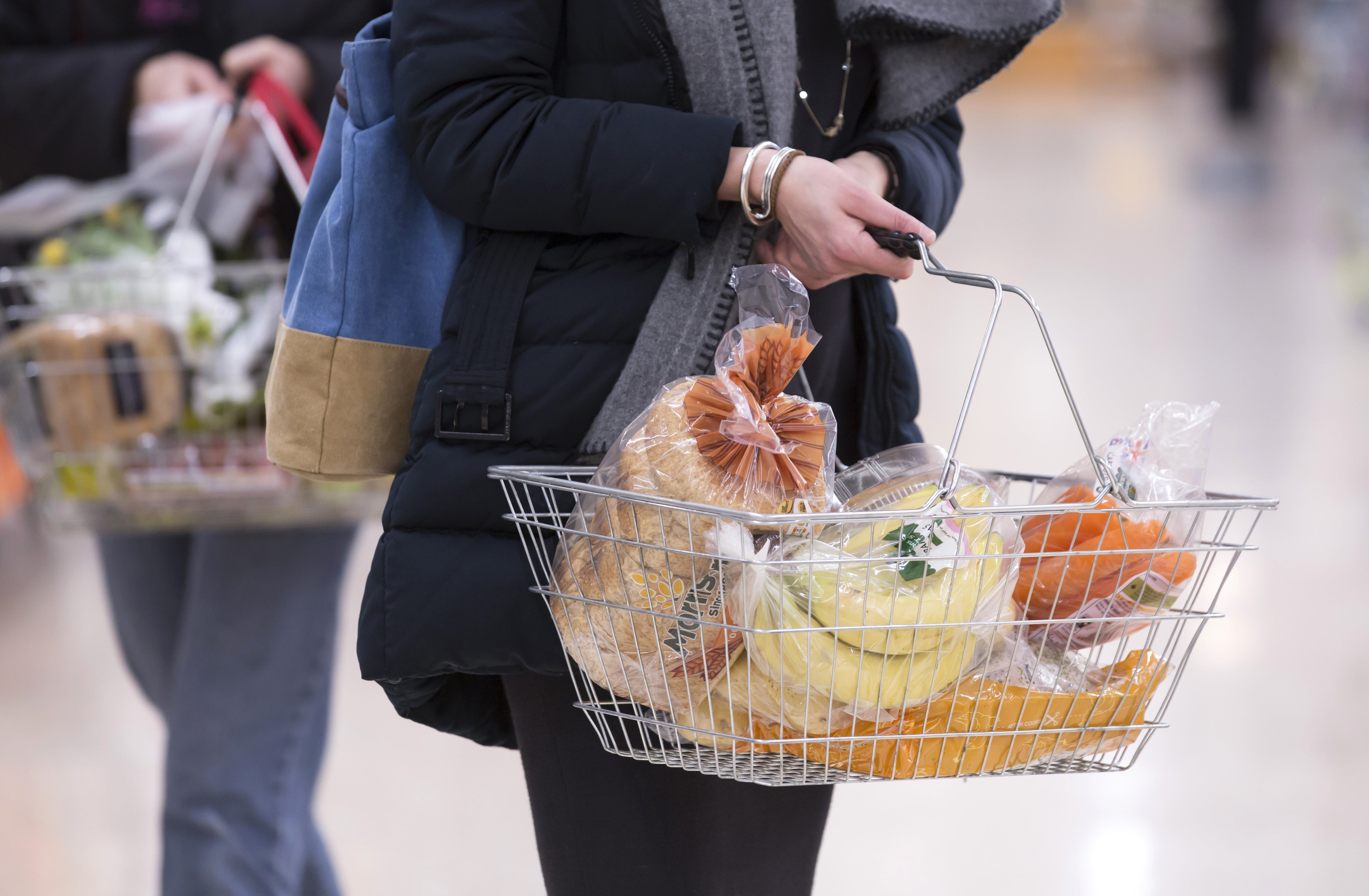Higher shop prices likely in run-up to Christmas
Overall prices are still lower than this time last year but food prices this month saw their highest rate of year-on-year inflation since November.

Higher shop prices are likely in the run-up to Christmas as ongoing global shortages and supply problems result in cost pressures, figures suggest.
Shop price annual deflation eased to 0.4% in October from last month’s decrease of 0.5% – a slower rate of decline than the 12 and six-month average price decreases of 1.3% and 0.7% respectively.
Overall prices are still lower than this time last year but food prices this month saw their highest rate of year-on-year inflation, at 0.5%, since November 2020, according to the BRC-NielsenIQ Shop Price Index.
Fresh food prices rose for the first time in 10 months, by 0.3%, following 10 months of deflation, while ongoing global shortages of materials and supply issues with logistics and shipping continued to put cost pressure on products such as furniture.
Non-food deflation was steady at 1%, a slower rate of decline than the 12 and six-month average price declines of 2.3% and 1.1% respectively.
A British Retail Consortium (BRC) survey showed three in five retailers expect prices to increase in the run up to Christmas.
Tight margins mean retailers may not be able to absorb all of these new costs, so prices will continue to rise.
British Retail Consortium chief executive Helen Dickinson said: “It is now clear that the increased costs from labour shortages, supply chain issues and rising commodity prices have started filtering through to the consumer.
“Tight margins mean retailers may not be able to absorb all of these new costs, so prices will continue to rise. Retailers continue to do all they can ensure value for money for customers and are looking to work with Government to find a long-term solution to these shortages, otherwise it is the British consumer, who already faces higher energy bills this winter, who will suffer the consequences.”
Mike Watkins, head of retailer and business insight at NielsenIQ, said: “With food prices slowly increasing we can expect shoppers to start to rebalance basket spend over the next few weeks, particularly with increased concerns about discretionary spend.
“And with consumer sentiment now more cautious we cannot ignore that availability issues are still top of mind. So consumers will be uncertain about when and where to spend and with Christmas promotions about to kick in, competition will intensify in both food and non-food retailing.“
Bookmark popover
Removed from bookmarks